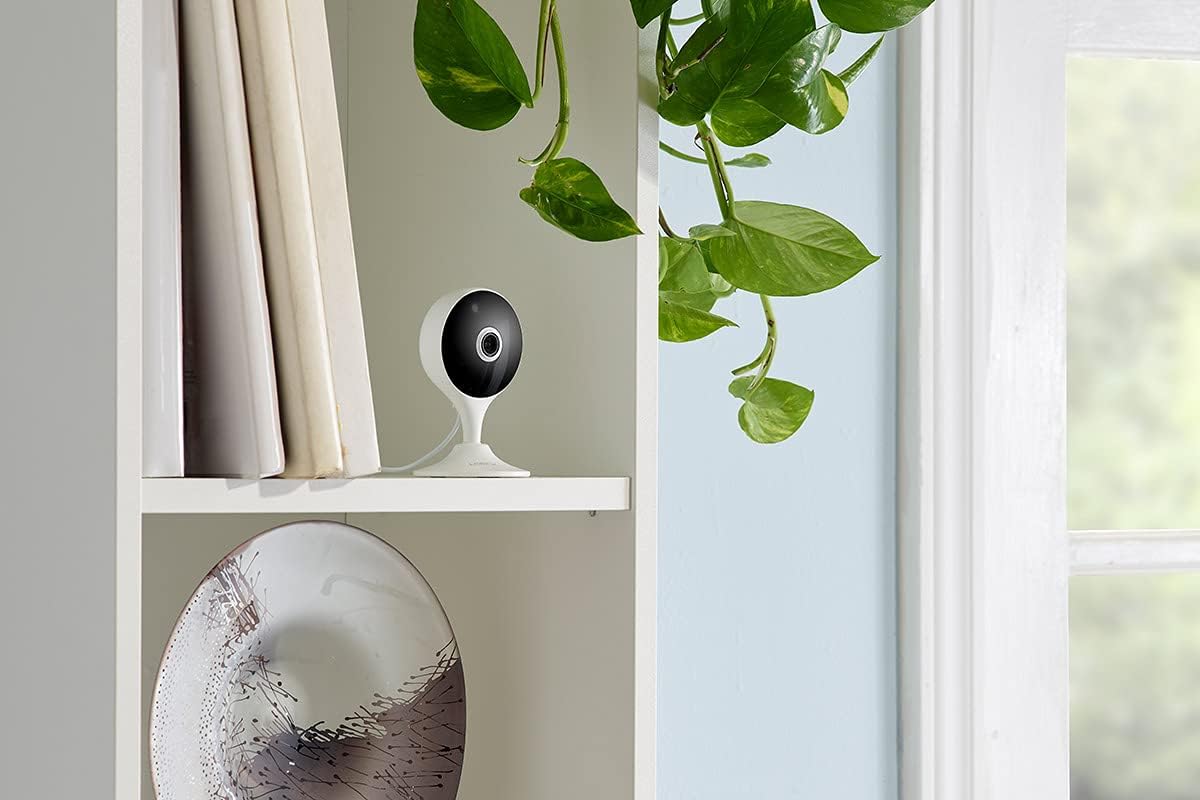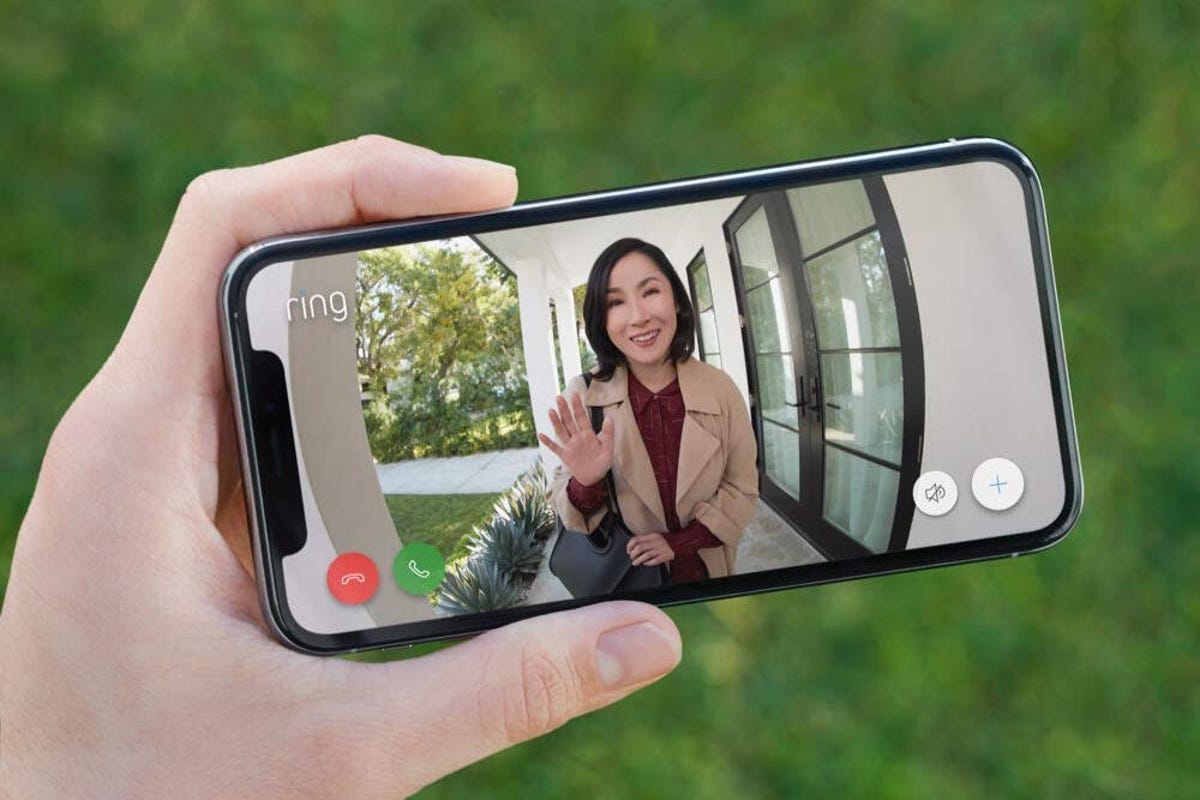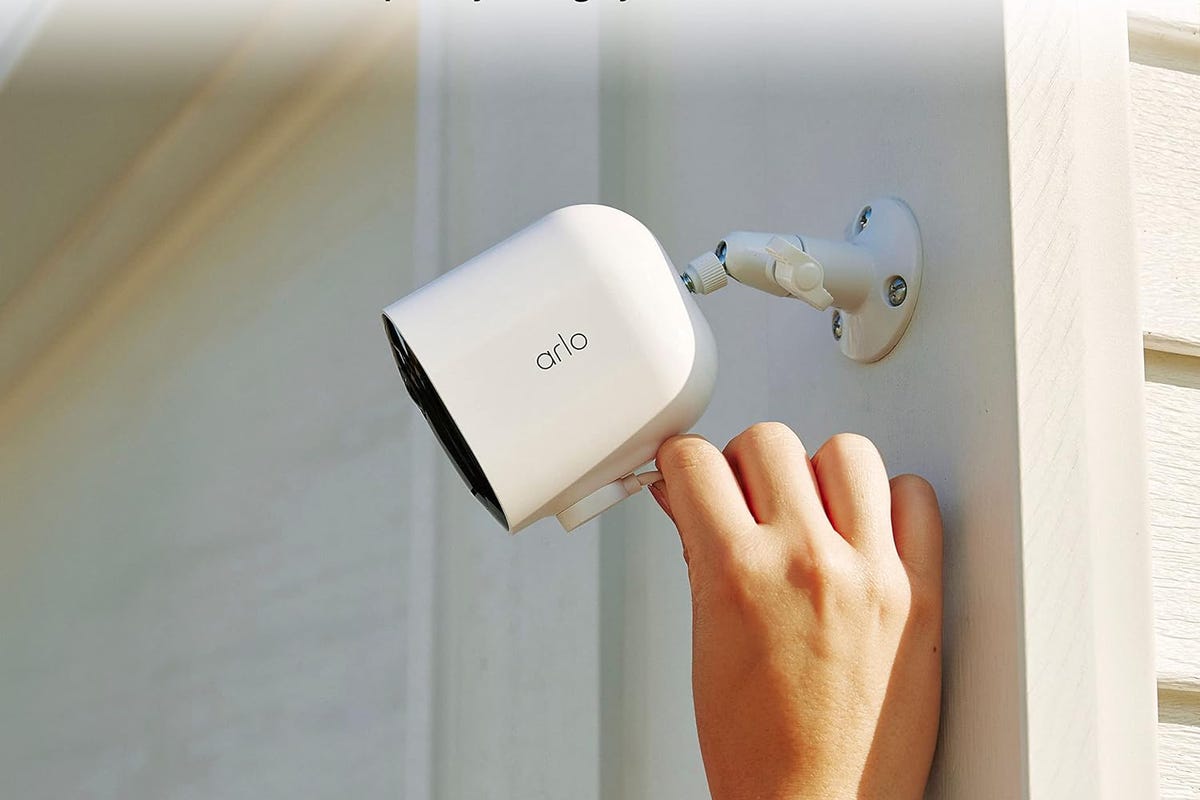We’ve reviewed many excellent indoor security cameras as well as handy wireless cameras filled with features like motion detection and night vision, ready to capture and store video at a moment’s notice, even when you’re not around. Most also include two-way audio features so you can listen in or carry on conversations. But that raises a very important legal question: What does the law say about recording footage or audio inside your home? Are you violating anyone’s privacy rights?
If you’ve ever paused before installing a security camera in your home and wondered if it’s legal to — well, you’re probably well within your rights. But there are also important rules you should know about privacy, and they differ significantly between video and audio. Here are the rules to follow so you stay safe from intruders and lawsuits alike.
Note: In this article, we’re referring to federal laws in the United States. Many countries have similar versions of these guidelines, but it’s always a good idea to check your local legislation if you’re curious.
Is it legal to record video inside your home?

Video recording is legal in your home as long as you respect privacy.
Let’s break down video capture first, since that’s the big goal of installing a security camera in your home. Today’s cameras use motion detection and frequently have video storage options to automatically save video clips when they see people, both to local storage and the cloud. What does that mean for nanny cams, or guest rooms? These tips and practices will help you monitor with confidence.
Step 1: Review your state laws
Laws about surveillance can vary by state, so if you really want to stay in the clear you need to start by looking up the laws in your own state. State websites, local law firms and others will often summarize these laws for you to save time: Here’s a breakdown of California’s law as an example.
States may have specific laws about hiding security cameras, how you can use security camera recordings in court and if you need permits for specific kinds of security cameras. A few minutes of reading up can give you important parameters to follow. For example, the California law mentioned above has specific language about “intent to invade privacy” and intent to view “the body or undergarments” which can help clarify what’s not allowed.
Step 2: Understand the reasonable expectation of privacy
Laws like these are clarified over time by case law like court rulings and consensus between courts. That standard that the courts have widely adopted is called the “reasonable expectation of privacy” and it’s very, very important.
You can generally set up security cams in your home as you please, but you can’t interfere with someone’s reasonable expectation of privacy without direct consent. In practice, that comes down to how people tend to use rooms. Surveilling living rooms, entryways, kitchens or dining rooms is fine because those rooms are used by everyone in the house and are generally highly visible.
However, setting up a cam to record video in a bedroom, bathroom or changing room is usually considered illegal without explicit consent, even in your own home. People expect a higher level of privacy in these areas and the law agrees. Minor/dependent limitations also apply: Parents can monitor their baby’s bedroom, for example. But when in doubt, apply the rule of a reasonable expectation of privacy. If you do need cams in more private areas, consider disabling them when guests are over.
Step 3: Let the property owner know about cameras
Property owners broadly have the right to install security cameras on their private property, including inside homes that they own. They don’t usually need a permit, either. If you aren’t the property owner, the law gets less comfortable with you recording video.
When renting, contact the owner of the property if you want to install a security camera and notify them, getting written permission if possible. Sometimes leases will have more specific information on who is in charge of security systems, while other leases have more leeway. Tenants usually have the right to install their own security cameras to watch over the personal space they’re legally renting. But letting the owner know nips any problems in the bud.
Step 4: Notify guests about cameras, including short-term rentals
If you have guests over, hire a nanny or have a friend staying over for a couple of weeks, let them know that you have security cameras, no matter where they are. It’s polite, and it avoids any chance you could be accused of hiding cameras and recording without consent. This is also very important if you have an Airbnb rental or room, which are frequent subjects of lawsuits involving surprise cameras.
Important note: Other regulations can apply in certain circumstances. The best example is Airbnb, which in March 2024 banned all use of indoor security cameras (video doorbells, etc. should still be fine) by Airbnb hosts. Previously, Airbnb had allowed the use of indoor cams in some regions as long as guests were notified. The rules changed — which is why it’s important to look up the details if you aren’t sure about the law.
Is it legal to record audio inside your home?

Ring’s app supports live views for free, but video storage will cost extra.
Audio recording is a different beast than video recording, since it has a lot more legal implications and can be used more readily as evidence. When audio is involved, people have extra protections. You may have noticed that audio features are a little limited on security cameras: Our rules will help you stay within the bounds of the law.
Step 1: Review your state laws (but even closer this time)
Due to the Federal Wiretap Act and similar legislation, states are divided into one-party and two-party/all-party consent laws. In a one-party consent state like Texas, Colorado or Tennessee, one side of the conversation needs to give consent to be recorded, which makes it legal to record telephone calls you are part of and (in theory) two-way audio conversations you have through a camera.
In two-part consent states like California, Florida or Michigan, both or all sides need to give their consent to have their conservation recorded. It is never legal to record a conversation where no one is giving consent.
This consent is usually a verbal affirmation at the beginning of a call or a separate acknowledgement that consent was given. Justia has a guide breaking down the rules by individual state where you can find more information.
Step 2: Exercise caution whenever you can record audio
When laws switch so often between states (and sometimes countries), camera manufacturers usually don’t want to mess with legal issues and potential lawsuits of their own.
So while two-way audio is common, audio recording and sharing is rarer. Some brands may allow it — if you have a Ring Protect plan, for example, you can usually record and download video and audio from a Ring doorbell, then keep it or share it with others. But doing that without consent risks crossing an audio law red line. Which brings us to the next important step…
Step 3: Get or give consent for any recording
Know your state rules, and if you really want to record audio, find a device that can do it and make sure people are giving consent to be recorded. We suggest getting permission from both sides of a conversation even in one-party consent laws, just to stay safe and polite. That’s how phone interviews are conducted, for example.
Also note: If people are in different states, their own state laws will apply to long-distance conservations, although that’s rarely a concern with security cameras.
Step 4: Avoid false pretenses when recording someone
Federal law prohibits recording conversations with criminal or malicious intent, and many state laws confirm that with similar wording. Avoid any accidental appearance of blackmail or similar scheming. That includes any effort to try and trick someone into having a certain conversation or saying certain words, or pretending to be someone you aren’t while talking to another person.
What about outdoor security cameras?

Privacy laws apply to outdoor cams too, with a couple of extra considerations.
Outdoor security cameras are still on your property (or they should be!) and they typically fall under the same laws as indoor cameras. As long as security cameras generally face public spots like the front your home, sidewalks and streets they fall well within the law. If you’re the owner, you have the right to film your backyard and other parts of your property, too.
However, you cannot film areas where other people have a reasonable expectation of privacy. That means you cannot film a neighbor’s backyard, or angle a camera so that it can record through their windows. Many cameras have privacy zones and other tricks you can use to avoid even the appearance of spying on someone.
The same rules for audio also apply to outdoor cameras. You’ll need one-party or two-party consent to record conversations, and security companies skip that hassle by only allowing live audio. That’s why you can talk through your video doorbell, for instance, but can’t set it up to record conversations.
Finally, if you are renting, make sure to stop by our guide on the best security devices and tips if you’re living with roommates, which can create another set of headaches when people start encroaching on your personal space.
















+ There are no comments
Add yours